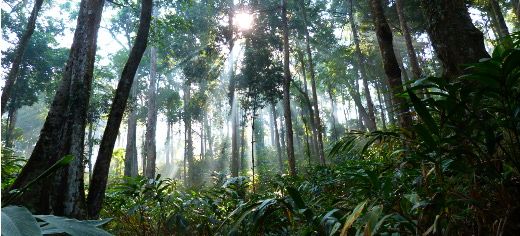
Bats wake up and smell the coffee
Intensive agriculture is taking a toll on bats in the Western Ghats of India, but shade-grown coffee, remnant rainforest patches and riverine vegetation strips may help struggling species hang on.

Intensive agriculture is taking a toll on bats in the Western Ghats of India, but shade-grown coffee, remnant rainforest patches and riverine vegetation strips may help struggling species hang on.
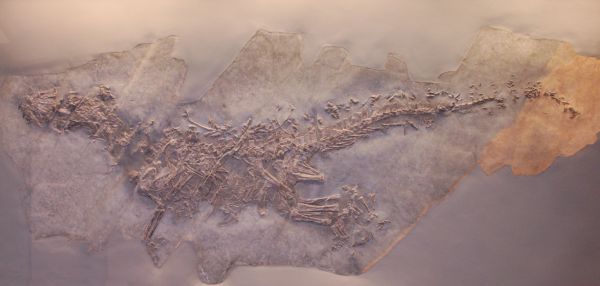
Widespread species are at just as high risk of being wiped out as rare ones after global mass extinction events, says new research by University of Leeds scientists.
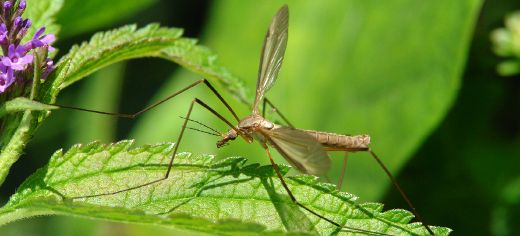
An entire ecosystem is at risk from the effects of climate change on the UK’s blanket bogs, scientists at the University of Leeds have warned.

Olympic boxer, Nicola Adams, and Sir Peter Hendy, Leeds graduate and the new Chairman of Network Rail, are amongst a host of distinguished individuals receiving an honorary degree this year

Businesses can benefit from access to leaders in commercial innovation, thanks to collaboration between the University of Leeds and Marks & Spencer.
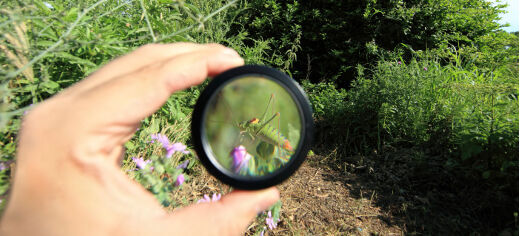
University of Leeds researchers are playing a key role in a €7 million international collaboration, granted by the European Union's Horizon 2020 fund, to develop new, eco-friendly pesticides.
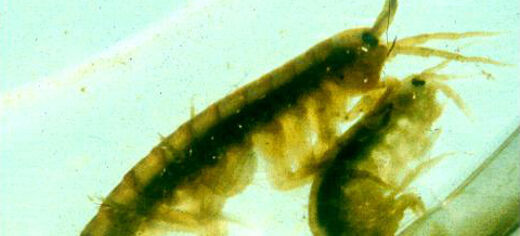
Parasites can play an important role in driving cannibalism, according to a new research which looked at cannibalism among freshwater shrimp in Northern Ireland.

The most extensive land-based study of the Amazon to date reveals it is losing its capacity to absorb carbon from the atmosphere.

The human-dominated geological epoch known as the Anthropocene probably began around the year 1610, according to new research published today in Nature.
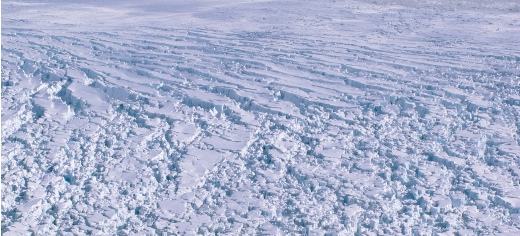
Satellite images have revealed that a remote Arctic ice cap has thinned by more than 50 metres since 2012 - about one sixth of its original thickness - and that it is now flowing 25 times faster.